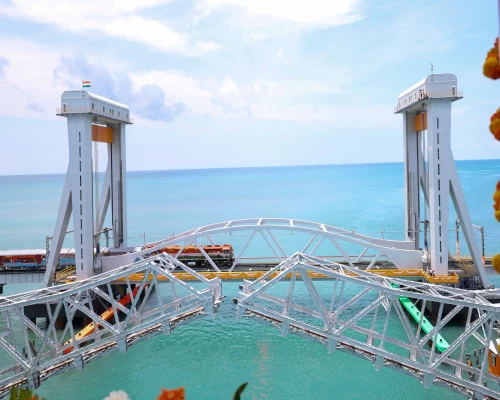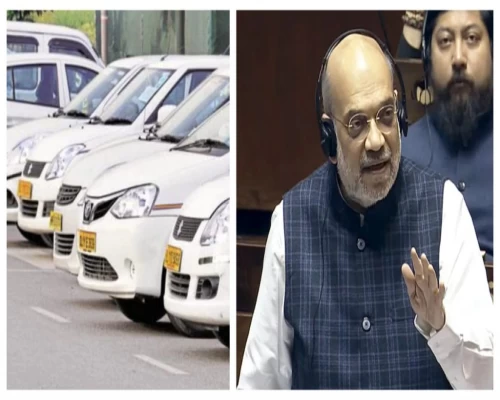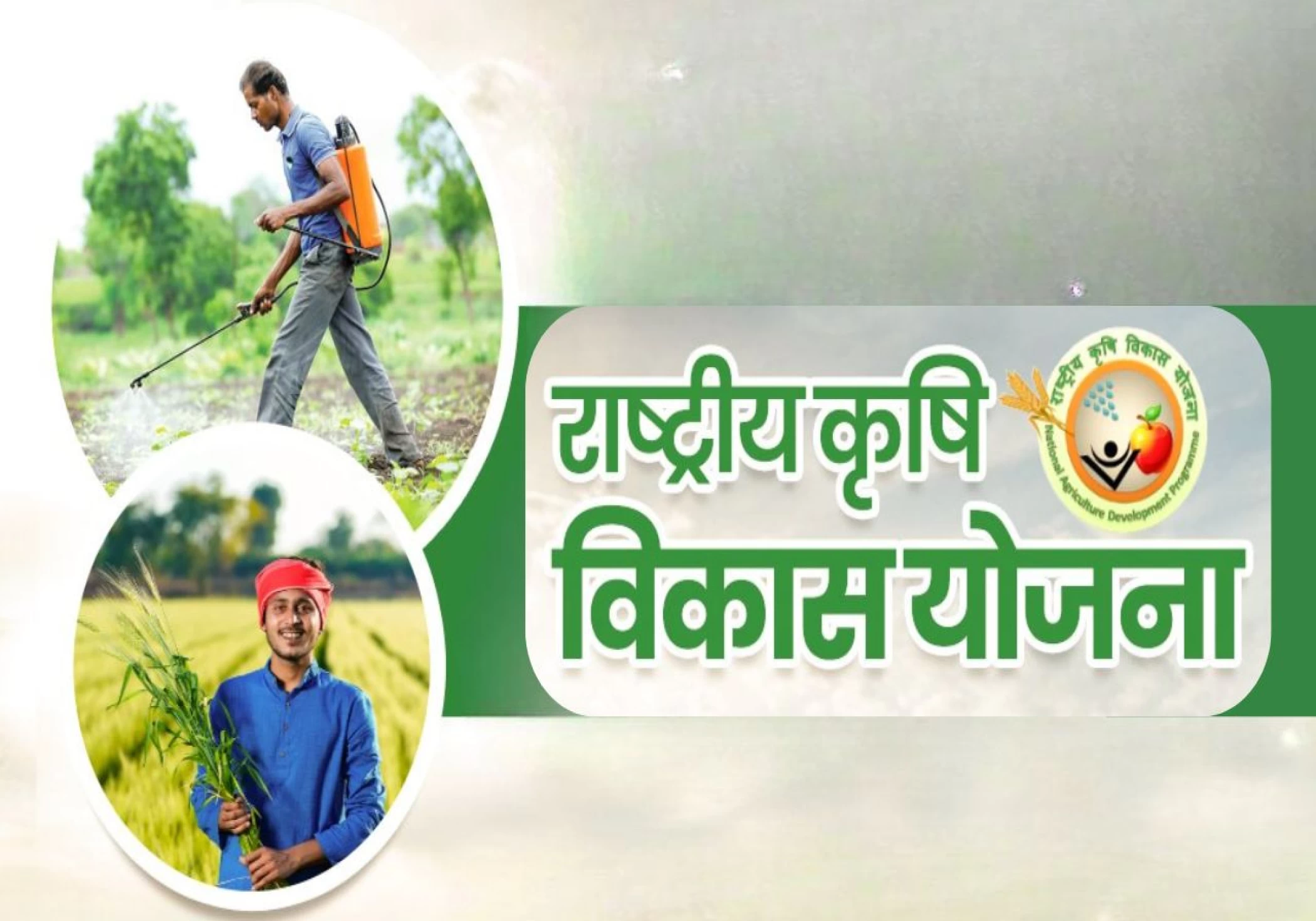
New Delhi: The Union Cabinet, chaired by the Prime Minister, approved the proposal of the Department of Agriculture & Farmers Welfare (DA&FW) on October 3, 2024, for the rationalisation of all Centrally Sponsored Schemes (CSS) under the Ministry of Agriculture and Farmers Welfare. The schemes will now be streamlined into two umbrella schemes: the Pradhan Mantri Rashtriya Krishi Vikas Yojana (PM-RKVY) and Krishonnati Yojana (KY). PM-RKVY is designed to promote sustainable agriculture, while KY aims to enhance food security and agricultural self-sufficiency. Both schemes will leverage technology to ensure efficient and effective implementation across various components.
The total proposed expenditure for the implementation of PM-RKVY and KY amounts to Rs. 1,01,321.61 crore, with the schemes being implemented through the state governments. This rationalisation ensures that all existing schemes continue. Wherever necessary, schemes focused on specific areas of farmer welfare have been launched in a mission mode, such as the National Mission for Edible Oil-Oil Palm (NMEO-OP), the Clean Plant Program, Digital Agriculture, and the National Mission for Edible Oil-Oil Seeds (NMEO-OS).
Under the KY, the Mission Organic Value Chain Development for the North Eastern Region (MOVCDNER) has been modified to include an additional component called the Detailed Project Report (MOVCDNER-DPR), which will provide North Eastern states with the flexibility to address critical challenges specific to their region.
The rationalisation of schemes allows state governments to prepare a comprehensive strategic document for their agriculture sector, focusing on both crop production and productivity while addressing emerging challenges such as climate-resilient agriculture and the development of value chains for agricultural commodities. These strategic plans aim to integrate the overall objectives of the schemes with a broader strategic framework.
This rationalisation has been undertaken to avoid duplication, ensure convergence, and provide greater flexibility to the states. It focuses on addressing the emergent challenges in agriculture, such as nutrition security, sustainability, climate resilience, value chain development, and the inclusion of private sector participation. The state governments will now be able to prepare a comprehensive strategic plan tailored to their specific needs in the agriculture sector, with the Annual Action Plan (AAP) of the states being approved in one go rather than on a scheme-by-scheme basis.
One significant change is that under PM-RKVY, state governments will have the flexibility to reallocate funds from one component to another based on their specific requirements.
Out of the total proposed expenditure of Rs. 1,01,321.61 crore, the central share of DA&FW is projected at Rs. 69,088.98 crore, while the states' share is Rs. 32,232.63 crore. This includes Rs. 57,074.72 crore allocated to PM-RKVY and Rs. 44,246.89 crore for KY.
The PM-RKVY comprises various components, including Soil Health Management, Rainfed Area Development, Agroforestry, Paramparagat Krishi Vikas Yojana, Agricultural Mechanisation (including Crop Residue Management), Per Drop More Crop, the Crop Diversification Programme, the RKVY DPR component, and the Accelerator Fund for Agri Startups. These initiatives are designed to promote sustainable agricultural practices and drive long-term growth in India's agriculture sector.
BI Bureau




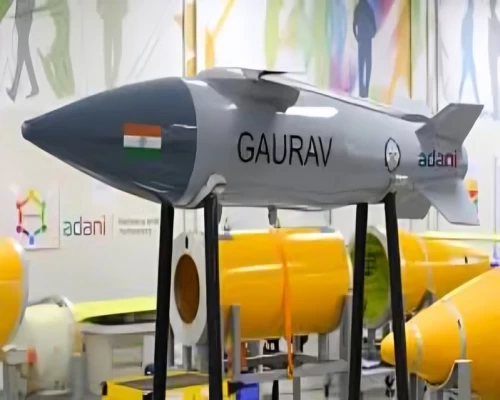

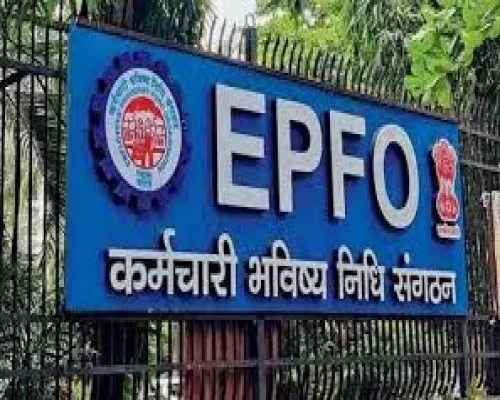
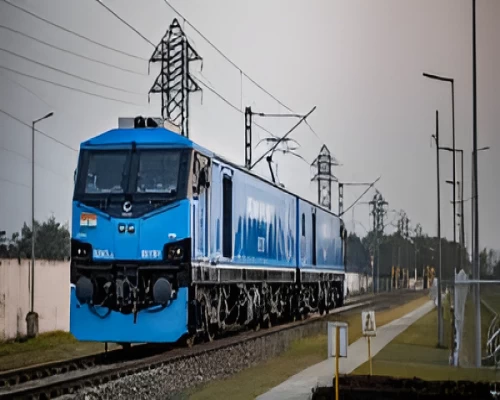
_500_x_400.webp)
